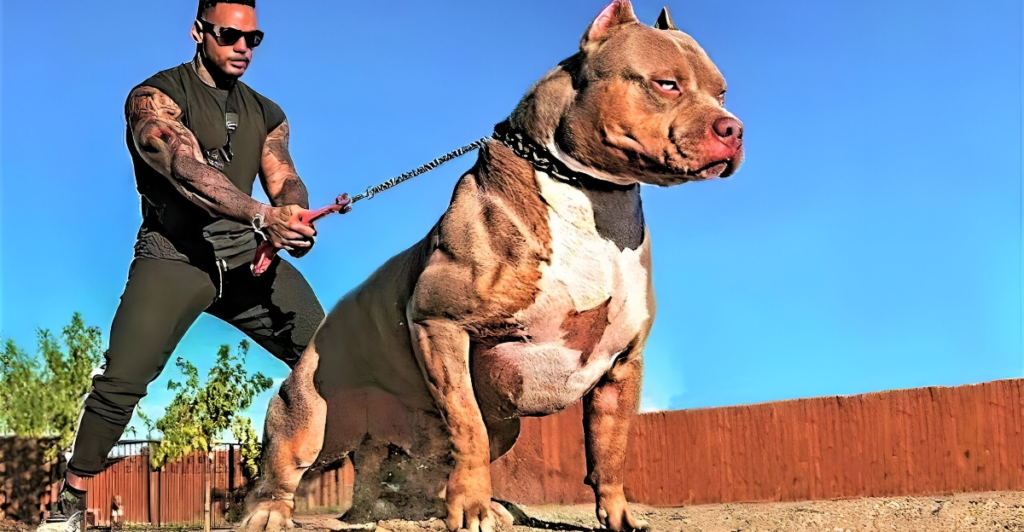
Dogs are loyal companions, but some breeds have a reputation for being more aggressive than others. While training and environment play a huge role in a dog’s temperament, certain breeds are naturally more protective, territorial, or strong-willed. Here are 10 dog breeds known for their aggressive tendencies—and what makes them both powerful and misunderstood.
Rethinking Aggression in Dog Breeds
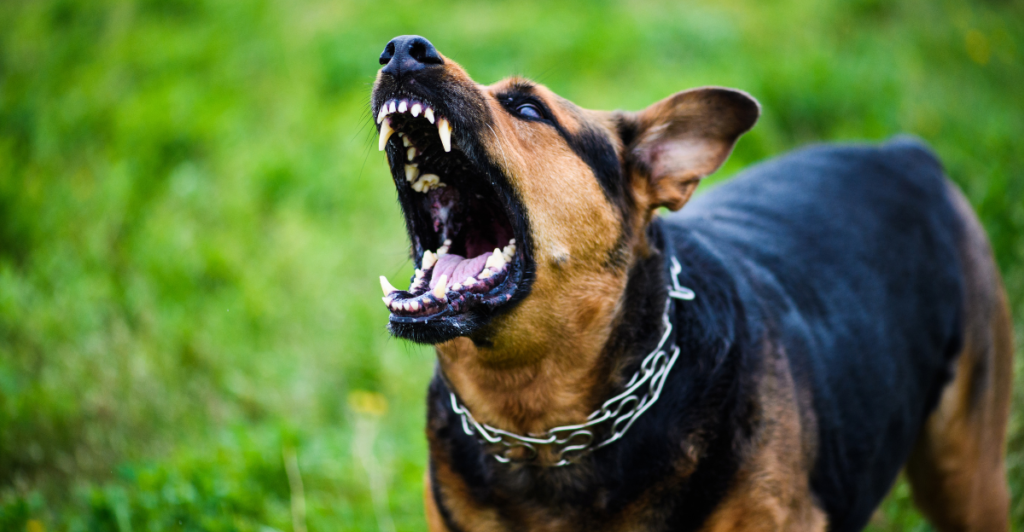
Aggression in dogs is often misunderstood. While some breeds have reputations for being aggressive, research shows that behavior is shaped by genetics, training, and environment. Surprisingly, studies suggest that smaller breeds like Chihuahuas and Miniature Schnauzers often display higher aggression levels than larger breeds.
The University of Helsinki’s research highlights fear, poor socialization, and trauma as key triggers rather than just breed predisposition. Stereotypes about aggression can lead to unfair stigma and even breed-specific bans. This list challenges assumptions by spotlighting lesser-known breeds with aggressive tendencies—some of which might surprise you.
Understanding these behaviors and addressing them with proper training can help reduce aggressive tendencies. Let’s explore these breeds and their unique challenges.
1. Rough Collie: The Fearful Aggressor
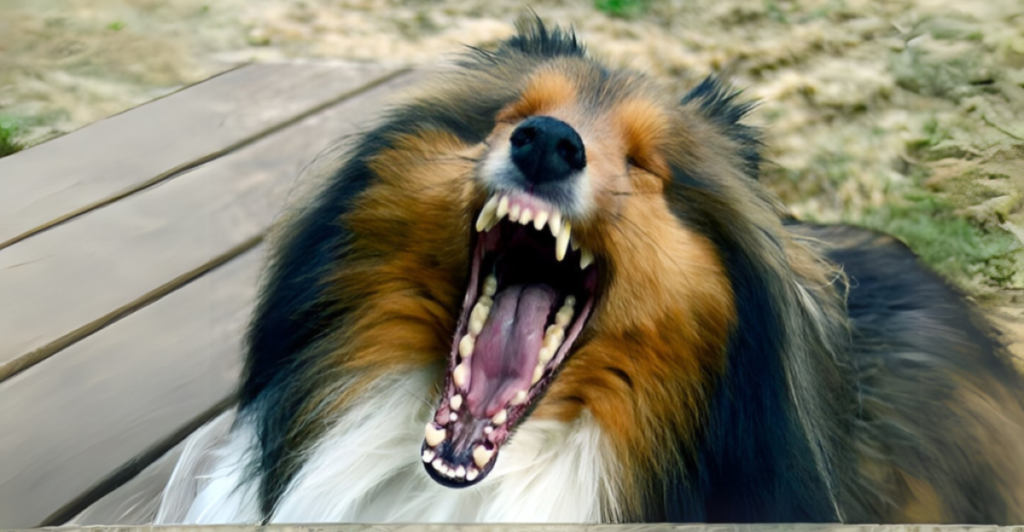
Rough Collies, often perceived as gentle and intelligent, surprisingly rank high in aggression studies. Research from the University of Helsinki found them to be one of the most aggressive breeds toward strangers, primarily due to fear-based reactivity.
Unlike dominant aggression, this behavior is rooted in anxiety and insecurity, making Collies more likely to snap or bark when confronted with unfamiliar situations. Their strong herding instincts may also contribute to protective behaviors that can be misinterpreted as aggression. Proper early socialization and confidence-building exercises are essential to mitigating these tendencies.
While Rough Collies make excellent companions, understanding their fear-driven reactions is crucial for responsible ownership. Their loyalty and intelligence shine when raised in a nurturing environment that emphasizes positive reinforcement and controlled exposure to new experiences.
2. German Shepherd: Protective by Nature
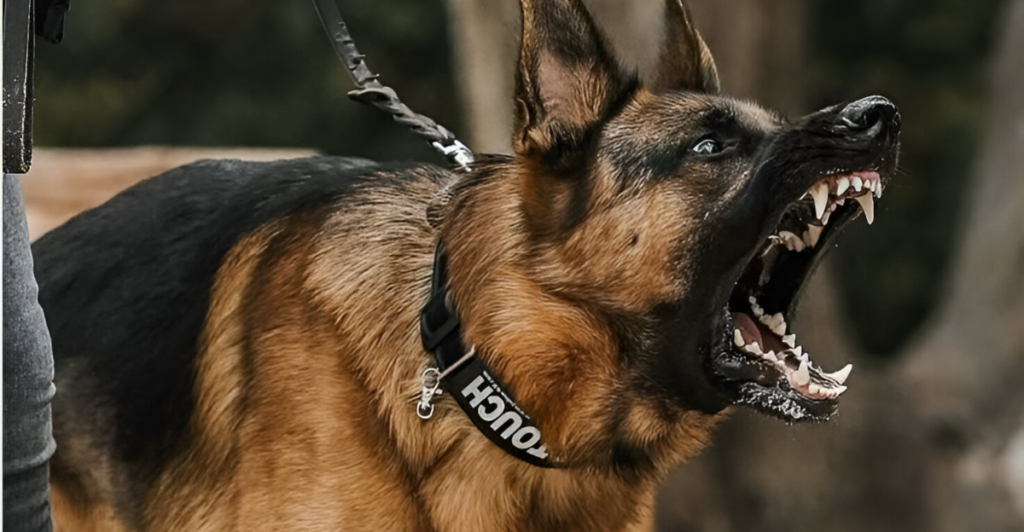
German Shepherds are often labeled aggressive due to their protective instincts and prevalence in bite statistics. However, this behavior stems from loyalty rather than malice. Bred as working dogs, they excel in roles requiring discipline and obedience, including police and military work.
Without proper training, their strong protective nature can lead to excessive guarding or defensive aggression. Socialization is crucial to ensuring they differentiate between threats and normal interactions. German Shepherds thrive under firm, consistent training that channels their intelligence and loyalty into positive behaviors.
While their imposing presence can be intimidating, they are affectionate and devoted to their families. Their reputation highlights the importance of responsible ownership and structured training in shaping a well-mannered companion.
3. Miniature Poodle: Small but Feisty
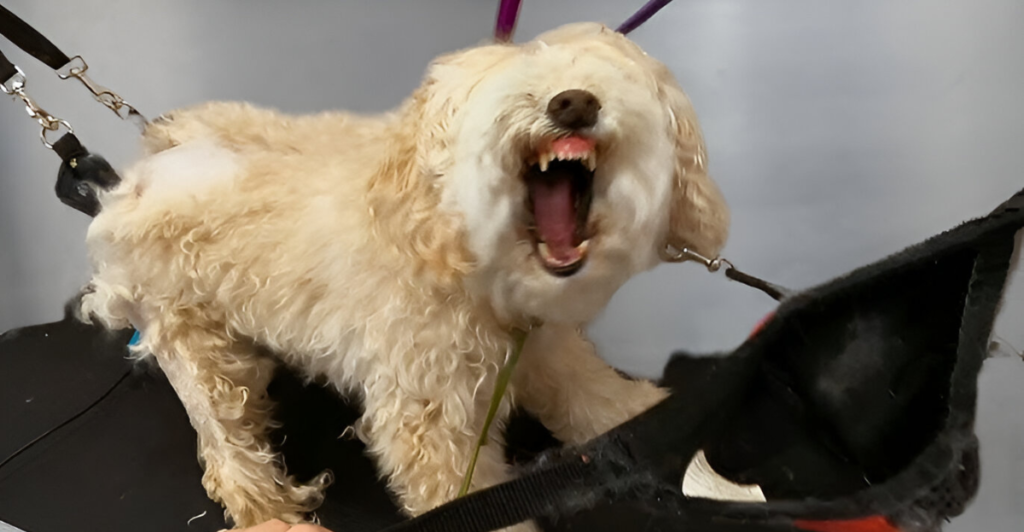
Miniature Poodles, often seen as elegant and refined, exhibit a surprising level of aggression, particularly toward strangers. A study from the University of Helsinki identified them as one of the most reactive breeds, challenging their reputation as mild-mannered pets. Their high intelligence and sensitivity make them prone to anxiety-driven aggression when faced with unfamiliar people or situations.
This breed requires consistent socialization and structured training to reduce fear-based responses. Despite their small size, Miniature Poodles can be protective and even territorial, often displaying a strong-willed nature.
Understanding their needs for mental stimulation and controlled exposure to new environments can help curb aggression. With proper training, they remain affectionate and obedient companions, but their tendency for reactivity should not be overlooked.
4. Chihuahua: Tiny Yet Territorial
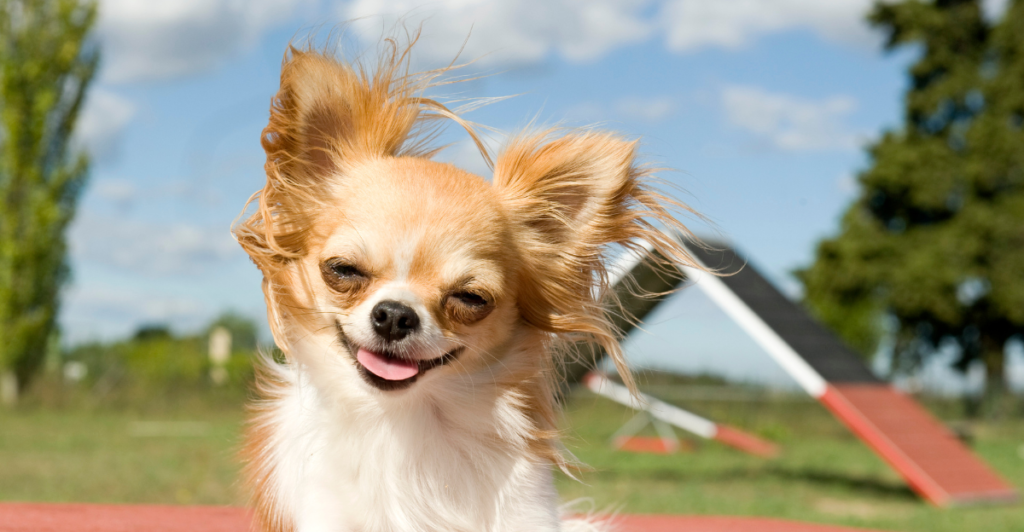
Chihuahuas may be the smallest dog breed, but they have an outsized reputation for aggression. Despite their diminutive stature, they are frequently cited among the most aggressive breeds due to their strong territorial instincts and tendency to snap or growl. Their aggression often stems from a need to assert dominance, particularly when they perceive a threat.
A 2021 study on canine aggression found that Chihuahuas exhibited higher levels of aggression toward strangers than many larger breeds. Their small size does not diminish their bold personalities, and they are often overprotective of their owners. Early training is essential to curb their tendency to lash out. While they make devoted companions, Chihuahuas require firm, positive reinforcement training to prevent fear-based aggression.
5. Cocker Spaniel: The Unexpected Offender
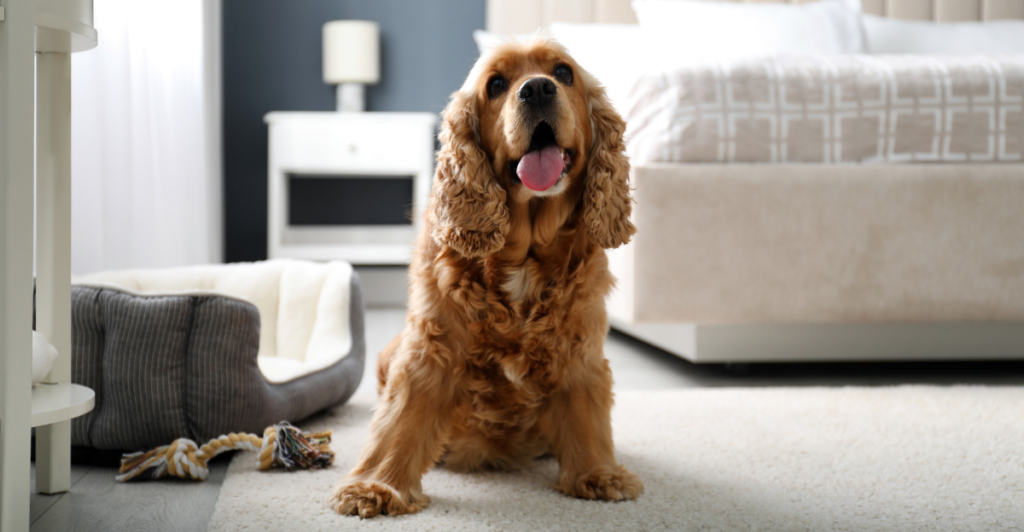
Cocker Spaniels are typically seen as friendly family pets, but they have a lesser-known aggressive streak. Some individuals suffer from a rare condition known as “rage syndrome,” which causes sudden, unpredictable outbursts of aggression. This neurological disorder is believed to have a genetic basis and is more common in certain bloodlines.
Beyond this condition, Cocker Spaniels can be highly sensitive and prone to anxiety-related aggression, especially if improperly socialized. Their working-dog lineage gives them strong instincts that require mental stimulation and clear leadership from their owners.
Proper training and a stable environment can help mitigate their aggressive tendencies. While most Cocker Spaniels are affectionate and playful, understanding their potential for aggression is essential for owners who want a well-adjusted pet.
6. Pembroke Welsh Corgi: Herding Instincts Gone Awry

Pembroke Welsh Corgis are beloved for their intelligence and charm, yet their herding instincts can contribute to aggressive behaviors. Originally bred to herd cattle, they possess a strong drive to control movement, often nipping at heels or barking excessively when frustrated.
Studies suggest that Corgis can develop possessive aggression, particularly when they feel challenged or overstimulated. Without proper training, they may direct their instinctive behaviors toward humans or other pets. Consistent obedience training and outlets for their energy help curb these tendencies.
While they make affectionate companions, Pembroke Welsh Corgis require structured environments where their herding instincts are managed appropriately. Recognizing their working-dog heritage allows owners to redirect their natural tendencies into positive behaviors, preventing issues like territorial aggression or frustration-based outbursts.
7. Miniature Schnauzer: Protective but Prickly
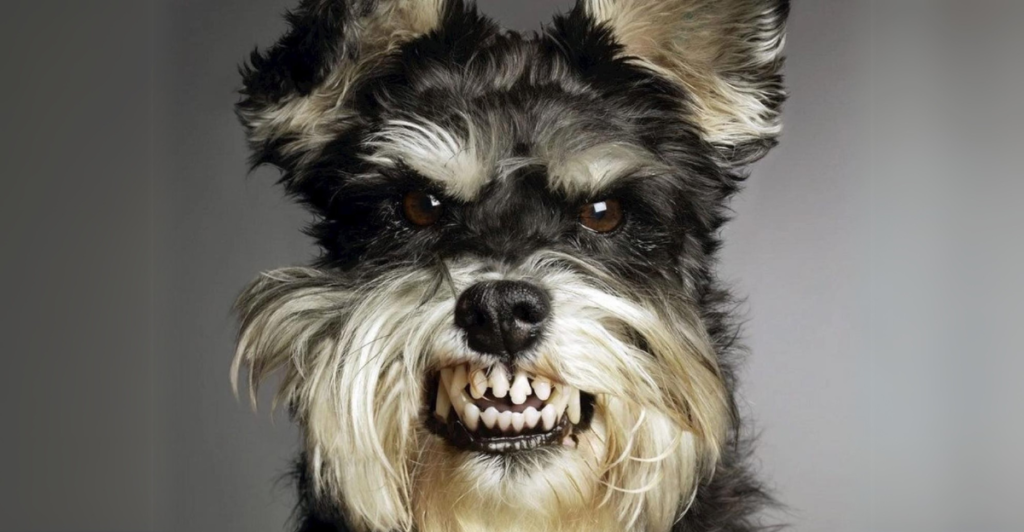
Miniature Schnauzers may be small, but their bold personalities make them one of the more aggressive toy breeds. They are naturally protective and can be wary of strangers, often exhibiting territorial aggression.
A study from the University of Helsinki identified them as one of the most aggressive breeds toward unfamiliar people. Their high intelligence and strong prey drive contribute to their reactive nature. While this makes them excellent watchdogs, it also means they require early socialization to prevent excessive barking or defensive biting.
Without proper guidance, Miniature Schnauzers can become overly suspicious and hostile in unfamiliar situations. They thrive in homes where training and firm boundaries are established from an early age. Their loyalty is unmatched, but they require careful management to ensure their protective instincts don’t escalate into problematic aggression.
8. Border Collie: Intelligence Meets Reactivity
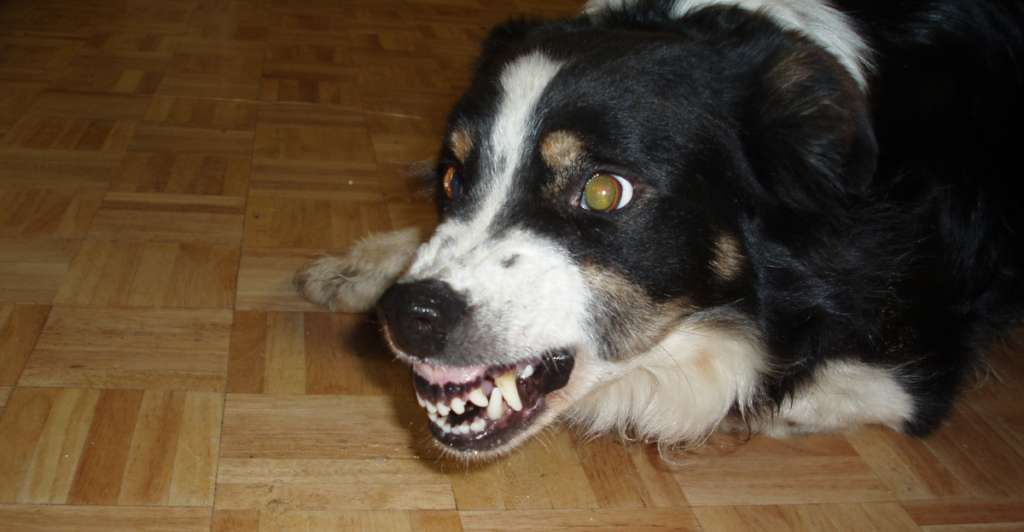
Border Collies are widely recognized as one of the most intelligent dog breeds, but their high energy levels and sensitivity can contribute to aggression. When under-stimulated or inadequately trained, they may develop frustration-based aggression, leading to excessive herding, nipping, or defensive behavior.
Studies suggest that their sharp minds require constant mental engagement to prevent unwanted behaviors. Without sufficient exercise and stimulation, Border Collies can become reactive and even territorial. Their instinct to control movement can result in nipping at children, other pets, or even adults.
Providing structured training and interactive play can help channel their intelligence in a productive way. While their aggression is rarely unprovoked, understanding their need for stimulation is key to preventing behavioral issues.
9. Akita: Loyalty with Limits
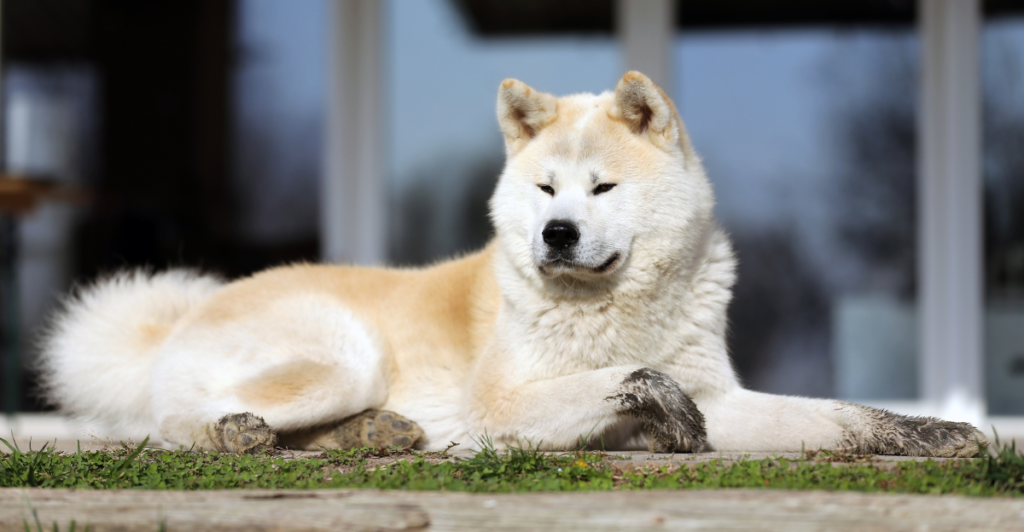
Akitas are known for their unwavering loyalty, but this can also translate into aggression if they are not properly socialized. Historically bred as hunting and guard dogs in Japan, they possess strong protective instincts and can be aggressive toward unfamiliar people or animals.
Their reserved nature means they are naturally suspicious, making early exposure to various environments crucial for reducing reactivity. Akitas require experienced handlers who can establish firm leadership while maintaining trust. While they are deeply affectionate with their families, their powerful build and strong-willed nature make them challenging for inexperienced owners.
Providing structured training and setting clear expectations helps Akitas channel their protective instincts appropriately. This breed’s combination of loyalty and assertiveness highlights the fine line between protective behavior and outright aggression.
10. Jack Russell Terrier: Small Dog Syndrome
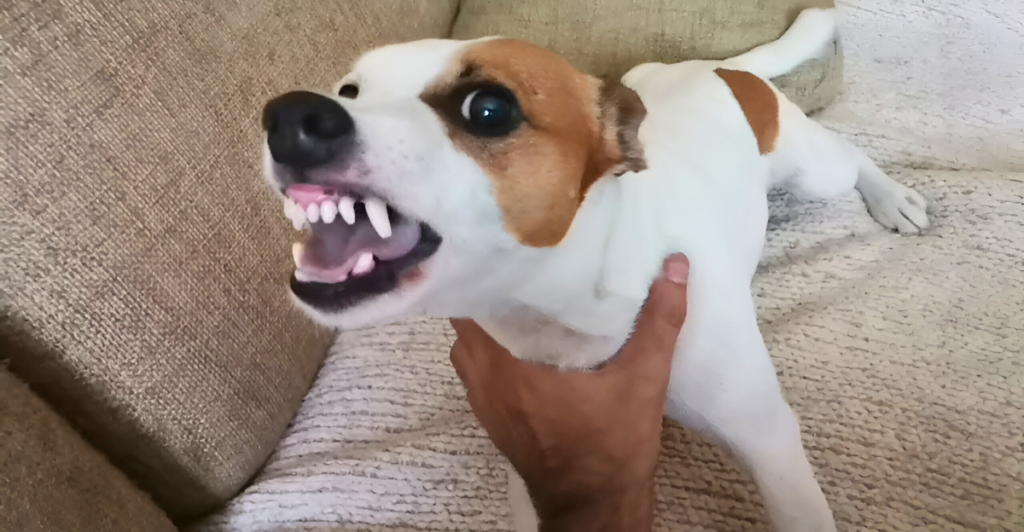
Jack Russell Terriers are energetic and fearless, but their bold temperament often leads to aggression. Their history as hunting dogs gives them a strong prey drive, and without proper training, they may exhibit reactive tendencies toward other animals or humans. Studies indicate that Jack Russells can become territorial and prone to defensive aggression if not given firm guidance. Their boundless energy needs to be managed through consistent training and physical activity.
While they can be affectionate and intelligent companions, their strong personalities require firm leadership. Recognizing their innate drive helps owners prevent aggressive behaviors before they escalate. Jack Russells remind us that small dogs can pack a punch when it comes to attitude and assertiveness.
Explore more of our trending stories and hit Follow to keep them coming to your feed!

Don’t miss out on more stories like this! Hit the Follow button at the top of this article to stay updated with the latest news. Share your thoughts in the comments—we’d love to hear from you!







